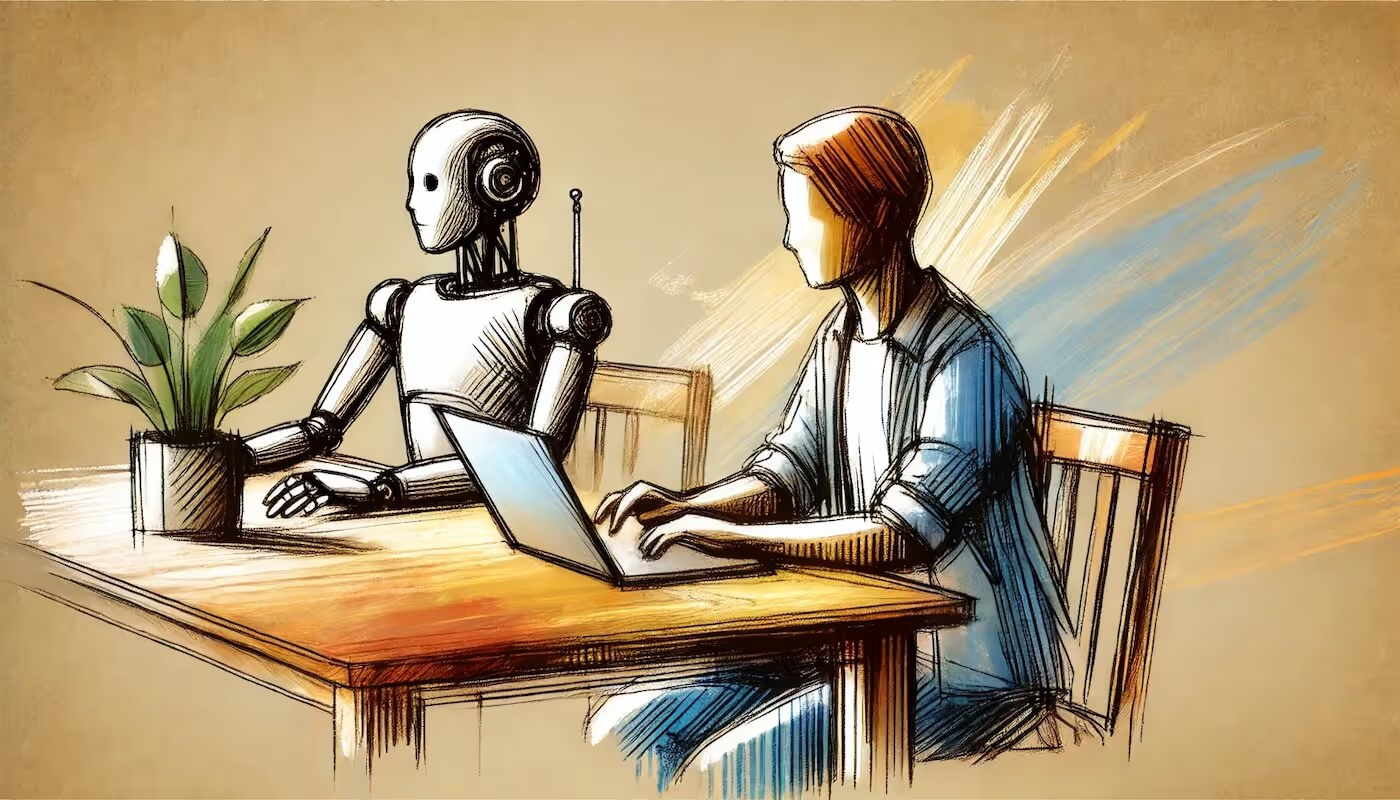
AI Stats and Work Trends 2024: Microsoft Work Trend Index Analysis + Podcast
Explore the latest AI statistics and emerging work trends for 2024, and find out what these patterns mean for the future of work.
Key Takeaways & Statistics:
- AI Adoption is Exploding in the Workplace
- A massive 75% of knowledge workers are already using AI tools in their day-to-day tasks. While the overall number is pretty astonishing, the fact that nearly half of these workers have only started using AI within the past six months shows just how rapid the acceleration of AI integration in the workplace has been.
- BYOAI (Bring Your Own AI)
- 78% of workers using AI at their jobs are bringing their own tools rather than relying on company-provided solutions. I’d say this points to a big disconnect between what companies offer and what employees find useful, potentially leading to issues around security, consistency, and support. Also, the fact that 52% of those using AI at work are reluctant to admit to doing so, with 53% thinking that this AI use makes them look replaceable, could point toward further disconnects - this time due to worries about AI usage.
- Work Overload is Driving AI Adoption
- 68% of employees report feeling swamped and overwhelmed by their workloads, and 46% have a feeling of burnout. AI is increasingly seen as a solution to help manage this burden by automating repetitive tasks, allowing workers to focus on higher-value activities like creativity, strategy, and collaboration.
- AI Skills are Becoming Essential for Career Growth
- While 45% of workers fear that AI could replace their jobs, 66% of leaders say they wouldn’t hire someone without AI skills. This paradox does highlight the growing importance of AI fluency in the job market, pushing workers to adapt and develop new competencies to remain competitive. AI is bridging the gap between experience and expertise; do you have a lack of experience but great skills when it comes to AI? Well, 71% of leaders say that they would rather hire the AI expert in this scenario, proving that for them, prominent AI skills are more important than experience.
- Lack of AI Training is a Major Barrier
- Only 39% of workers using AI have received any formal training. This gap leaves many employees ill-prepared to harness AI's full potential - we compared this reality to being handed a high-performance tool like a Ferrari without any driving lessons. While we were joking around a bit, the real reality is that investing in responsible AI training is crucial for businesses to maximize the benefits of AI while minimizing risks. So, with just 25% of companies planning to offer AI related training to their employees this year, make sure you are within the 75%.
- AI Power Users Are Leading the Charge
- A group of early adopters, known as AI power users, are seeing remarkable benefits. These users, who focus on experimenting with AI tools, report saving 30 minutes a day and feel more creative and productive, with claims from 92% of power users that AI turns an overwhelming workload into a manageable one. The secret to their success lies in adaptability and a willingness to tinker and experiment - for example, power users are always experimenting and testing out new use cases for AI - in fact, they have been proven to be up to 68% more likely to carry out this testing.
- AI is Redefining Human Roles at Work
- Far from replacing all jobs, AI is reshaping roles by automating tedious tasks and making uniquely human skills - like critical thinking, creativity, and empathy - even more valuable. As AI takes on the "boring stuff," it frees up humans to focus on more meaningful work, ultimately creating a more dynamic and engaging workplace. Our best example of this would probably be an AI meeting note taker, such as Bubbles. Bubbles uses AI to record, transcribe, and summarize your virtual meetings, leaving you to focus on the conversation.
Make your
meetings matter
Loved and trusted by 100,000+ users:
- Automatically Record and Transcribe Meetings
- Extremely Accurate Notes, Summaries, and Action Items powered by AI
- Works with Zoom, Google Meet, and Microsoft Teams
- Save time and follow-up with quick async videos
Simply connect your work Google or Microsoft Calendar to get started.
Podcast Transcript:
Emily: All right, everybody. Welcome back. Today, we're diving into something that's probably on your mind a lot lately. I know it is for me. AI at work.
Chris: Yeah, it's everywhere you look these days.
Emily: It really is, and it's only getting bigger, right? So, we're digging into this new report from Microsoft and LinkedIn: AI at Work is Here. Now Comes the Hard Part. And let me tell you, the title is no joke.
Chris: They're not messing around with that title.
Emily: Not at all. This isn't some sci-fi movie stuff. This is about how AI is already changing the game for knowledge workers. Like today, like right now, you know?
Chris: Right? And it's not just about robots taking orders. This is about how AI is impacting everyone from marketers to project managers, no matter what you do.
Emily: It's true. And the numbers are kind of mind-blowing. Get this: 75% of knowledge workers are already using AI tools. 75%.
Chris: That's huge.
Emily: It's massive. Three out of four people in jobs just like yours are already on the AI train.
Chris: I'm surprised it's that high already.
Emily: I know, right? And here's another kicker: nearly half of them just started using AI in the past six months. So this isn't just a slow and steady trend. This is a full-on AI explosion.
Chris: It really is remarkable. And one of the most interesting things the report highlights is this whole BYOI thing. 78% of folks using AI at work are actually bringing their own tools.
Emily: But what's going on? Why aren't companies providing these tools?
Chris: Right? Is it a lack of awareness, a fear of change? Or are employees just finding that what's out there doesn't quite meet their needs? It's a bit of a head-scratcher.
Emily: It definitely makes you think. It's like showing up to a dinner party with a gourmet meal you slaved over and everyone else brought takeout. Like, okay, maybe I went a little overboard, but...
Chris: It makes you question the whole situation. And it does highlight this potential disconnect between what companies are providing and what employees are actually using.
Emily: Totally. And that disconnect could lead to some problems down the line, right? Security risks, ethical concerns, not to mention just a lack of consistency and support.
Chris: Exactly. If companies aren't proactive about providing secure and integrated AI solutions, things could get messy.
Emily: Okay, so we've got this huge surge in people using AI at work, often with their own handpicked tools. But the big question is why? What's driving this mad dash to AI?
Chris: Well, the report points to one major factor. Workload. 68% of people say they're completely swamped.
Emily: Overwhelmed. I mean, who isn't these days, right? Feels like we're all drowning in to-do lists and endless emails.
Chris: It's the nature of the beast, unfortunately. So, the question becomes: is AI just helping us keep our heads above water, or is it actually giving us the tools to navigate to calmer waters?
Emily: And that, my friends, is the million-dollar question. So, is AI coming for our jobs or not? That's the big question, right?
Chris: It's the question everyone's asking.
Emily: Yeah. And this report kind of throws us a curveball because it says both. It says 45% of workers are worried AI will replace their jobs.
Chris: Yeah, that's a pretty big chunk of people.
Emily: It is. But then it also says that 66% of leaders say they wouldn't hire someone without AI skills.
Chris: Right. So, it's a double-edged sword.
Emily: Yeah, exactly. It's like, are we supposed to be running toward AI or away from it?
Chris: Well, the reality is probably somewhere in the messy middle.
Emily: Okay. So, less robots are taking over and more things are about to get interesting.
Chris: Yeah, I think that's a good way to put it. AI is definitely going to automate certain tasks.
Emily: Sure, the robots can have those.
Chris: Right? But it's also creating new jobs, and this is important: it's making those uniquely human skills even more important.
Emily: So, how do we future-proof ourselves?
Chris: Well, the report talks about this group they call AI power users.
Emily: Power users? Sounds intense.
Chris: Yeah. These are the people who are using AI in really smart ways and they're seeing amazing results.
Emily: Like what kind of amazing results?
Chris: Think saving 30 minutes a day, feeling more creative, being more productive.
Emily: Okay, now I'm listening. What's their secret?
Chris: It's not about being a tech genius really. It's more about their mindset. They're not afraid to experiment. Try new AI tools, tinker around, and figure out how to make it work for them.
Emily: So, it's more about being adaptable than anything else.
Chris: Yeah, exactly. Being open to learning new things, figuring out how to integrate these new tools into what you're already doing.
Emily: And I bet this is where companies need to step up, right?
Chris: 100%. The report found that only 39% of AI users have actually had any formal training.
Emily: Whoa, that's not a lot.
Chris: No, it's a huge problem.
Emily: It's like being given a Ferrari and no driving lessons. Someone's going to crash.
Chris: That's a great analogy. Investing in AI training is crucial.
Emily: For sure. And not just teaching people how to use the tools, but also how to use them responsibly and ethically.
Chris: Absolutely.
Emily: You know, one of the things that struck me in this report was this idea of the operational contract changing. It's like it's not just about learning new software. It's about rethinking how we approach work altogether.
Chris: It's a fundamental shift.
Emily: Yeah. And I mean, it's a little intimidating, but it's also kind of exciting.
Chris: I think so, too. It's like imagine a workplace where AI handles all the boring stuff.
Emily: Yes.
Chris: And frees us up to focus on the things that we're actually good at: creativity, collaboration, strategy.
Emily: It's like AI is giving us permission to be more human at work. I love it. It's like we're moving from "time is money" to "attention is money," right?
Chris: Exactly. And that changes everything.
Emily: Big time. And it's already happening, too. We're seeing these job titles pop up that would have sounded insane a few years ago.
Chris: Totally. Head of AI, AI ethicist. I even saw a job posting the other day for a prompt engineer.
Emily: A what?
Chris: A prompt engineer. Like you're engineering the prompts for an AI.
Emily: Wow, that's wild. It really shows you how this isn't just about one specific type of job anymore.
Chris: It really doesn't.
Emily: It's everywhere.
Chris: The need for AI skills is all over the place. I mean, LinkedIn's data shows that people are adding AI skills like ChatGPT and stuff to their profiles like crazy.
Emily: So, it's like everyone needs to be AI fluent now.
Chris: It's becoming that way. Yeah.
Emily: It's like learning a new language almost. So, we know the AI wave is here, but are you going to surf it or what?
Chris: That's what it comes down to, isn’t it?
Emily: Right. So, how do we make sure we're not left behind?
Chris: Well, one thing that's really got me thinking is this:
Emily: Yeah?
Chris: If AI is doing more and more, even creating new jobs, what does that mean for us as humans?
Emily: That's a deep one.
Chris: It is. It's like, what happens to creativity and critical thinking and empathy? All those things AI can't—at least not yet—replicate.
Emily: Right? It's kind of like standing at the edge of something huge. We don't know what's on the other side.
Chris: It is a bit like that, yeah.
Emily: Mhm.
Chris: But exciting, too.
Emily: Yeah.
Chris: Oh, definitely exciting.
Emily: So, what do we do?
Chris: I think the best thing we could do is just stay curious, keep learning, keep asking questions like we're doing right now.
Emily: Love it. So, it’s not about fearing the robot overlords?
Chris: No, not at all. It’s about figuring out how we can work with them, shape the future of work together.
Emily: Yes. I am so here for that. Okay, so to wrap things up, the AI revolution is happening. Don’t freak out. Just get curious. Learn some new skills. Stay informed. And remember to ask the big questions, right? Like, what does it even mean to be human in this crazy new AI world?
Chris: What kind of future do we want to create?
Emily: Exactly. Awesome. Well, thanks for joining us for this wild ride, everyone. Until next time, stay curious.
Collaborate better with your team
Get your point across using screen, video, and audio messages. Bubbles is free, and offers unlimited recordings with a click of a button.
.avif)
Collaborate better with your team
Get your point across using screen, video, and audio messages. Bubbles is free, and offers unlimited recordings with a click of a button.
.avif)




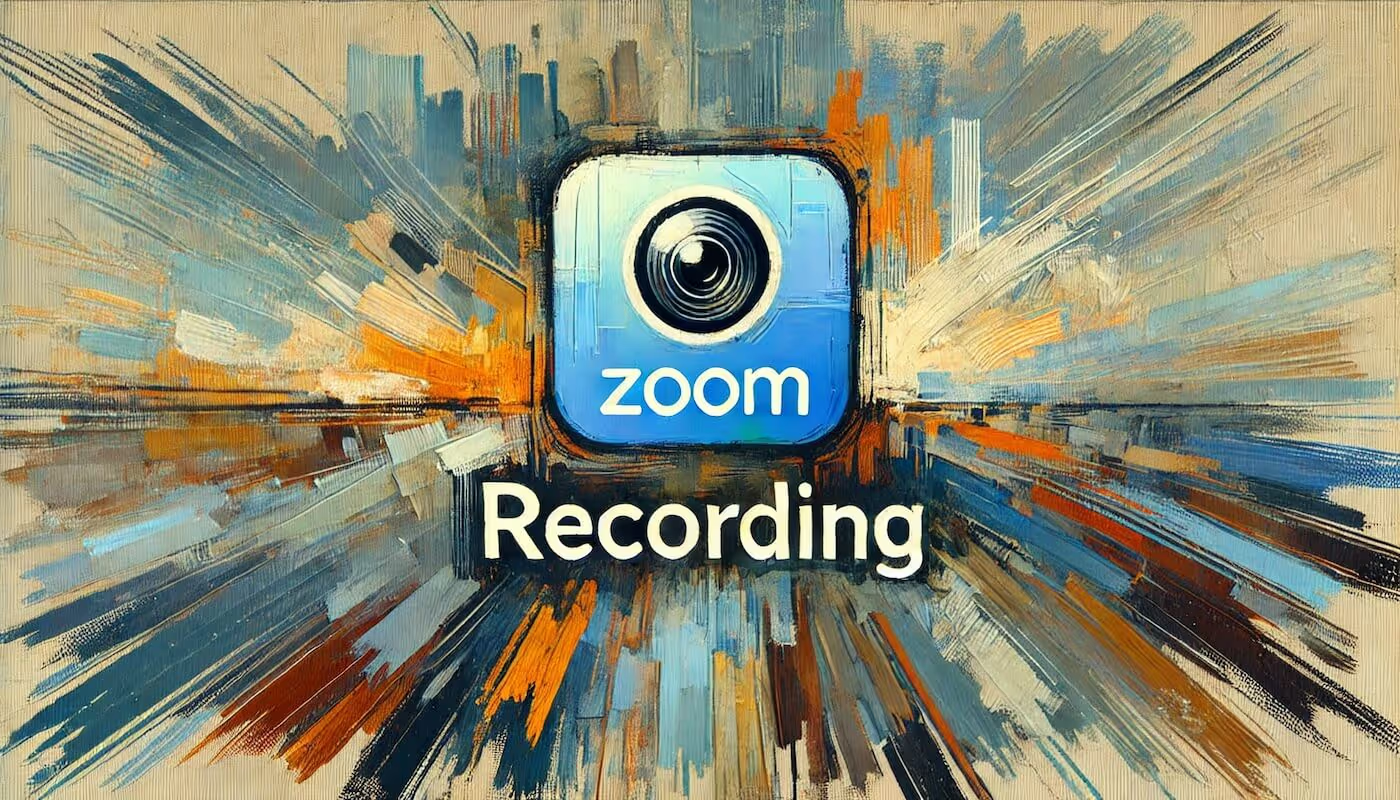
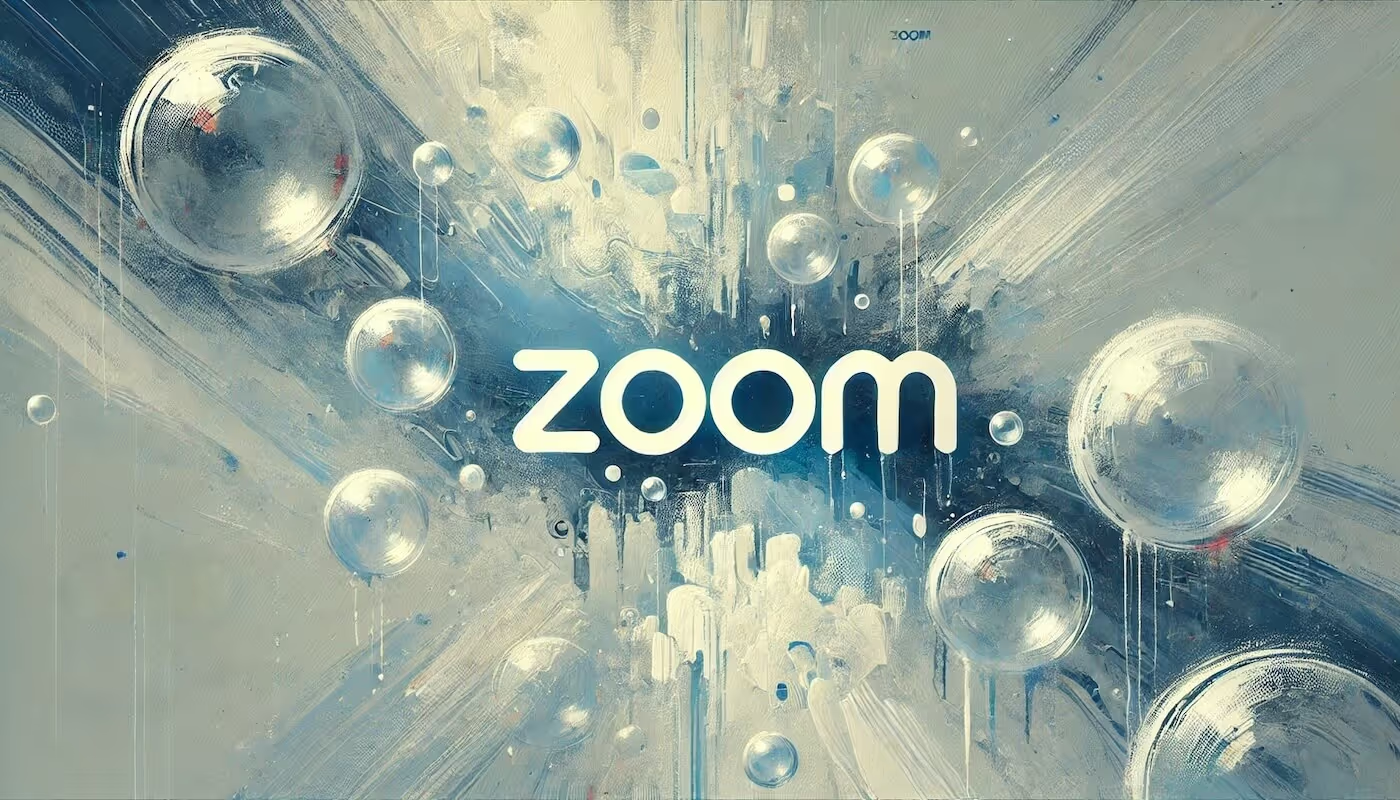
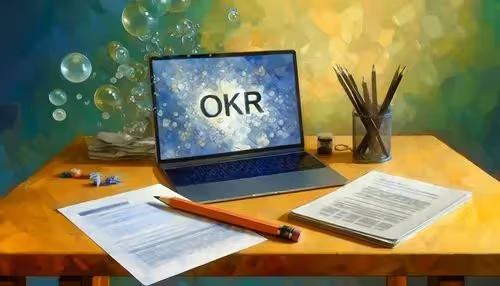
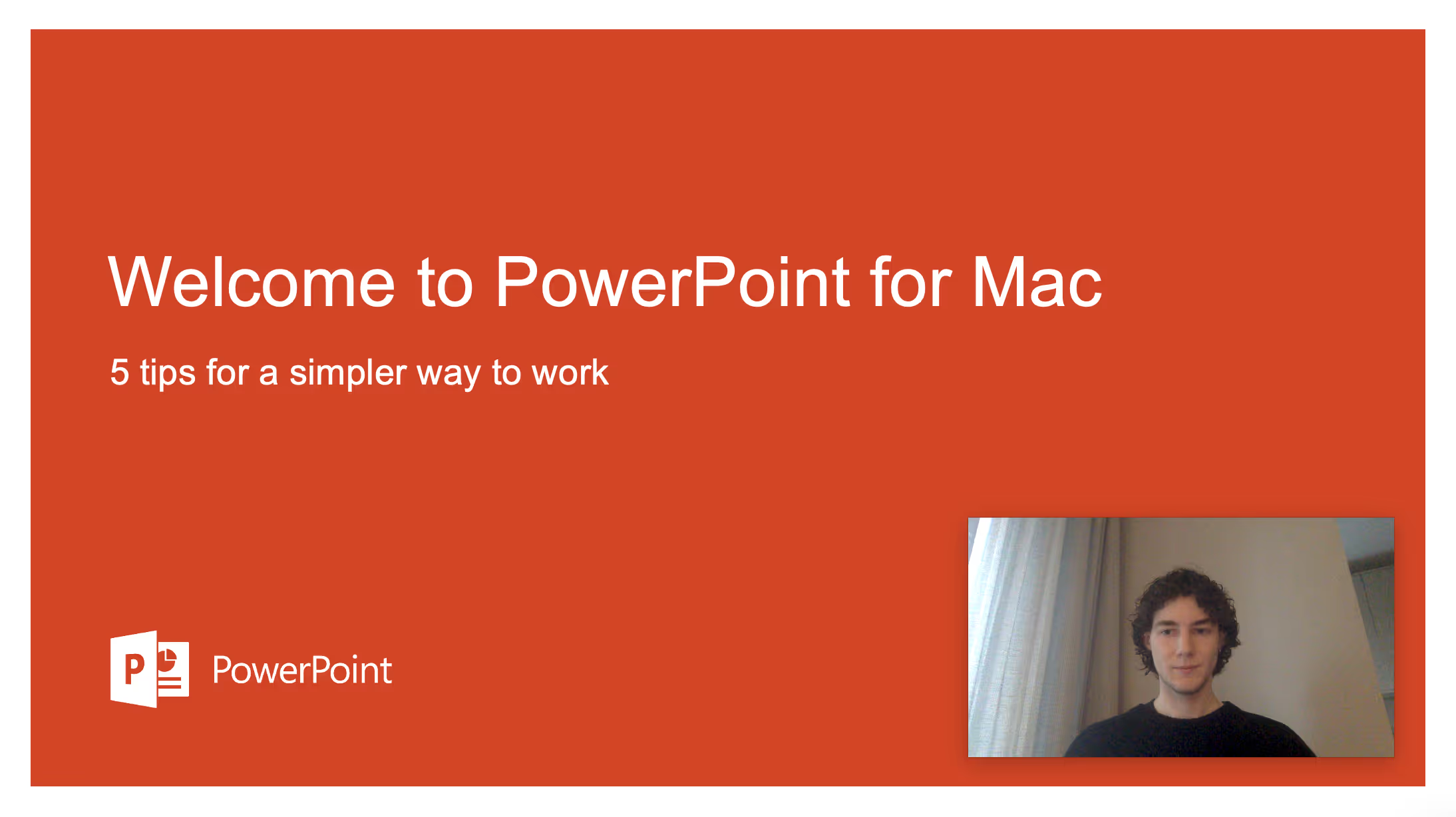
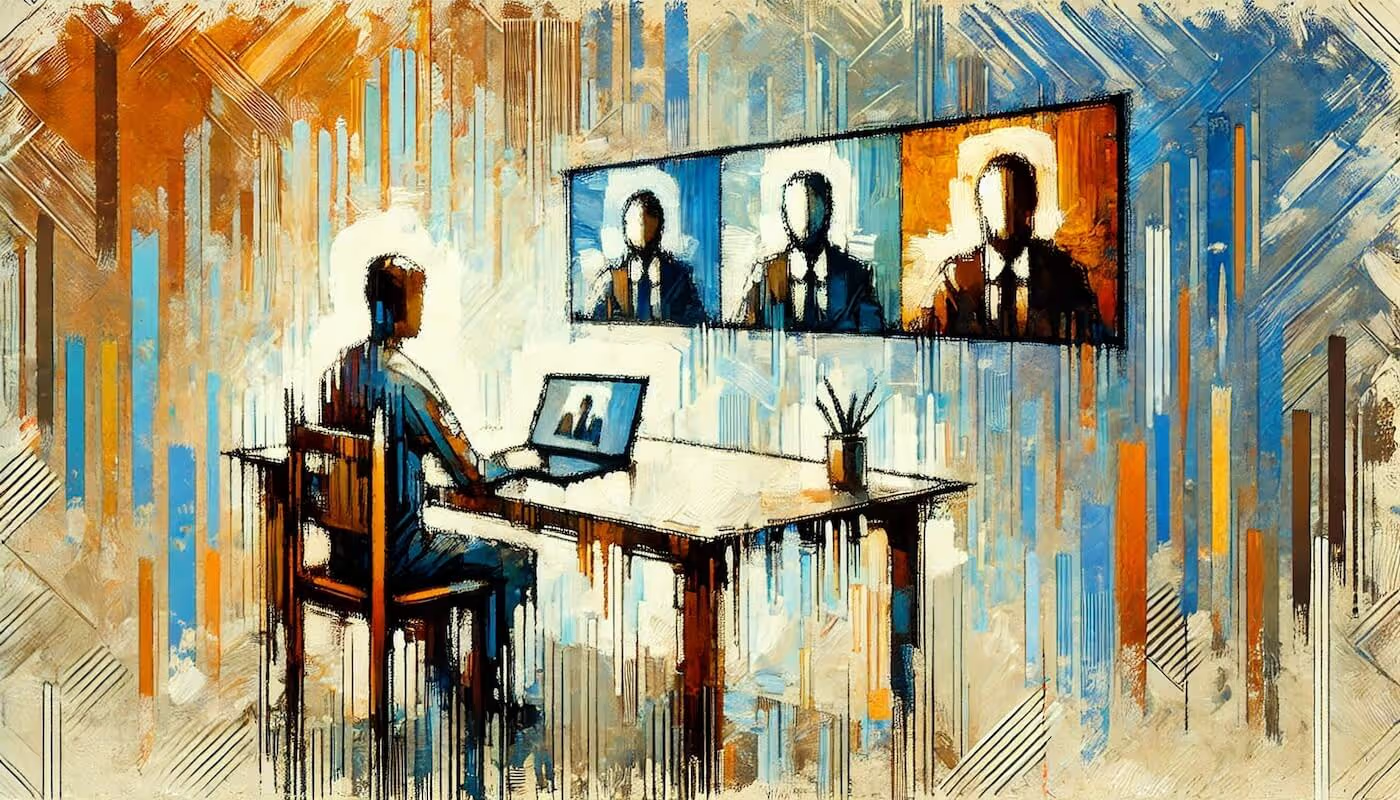
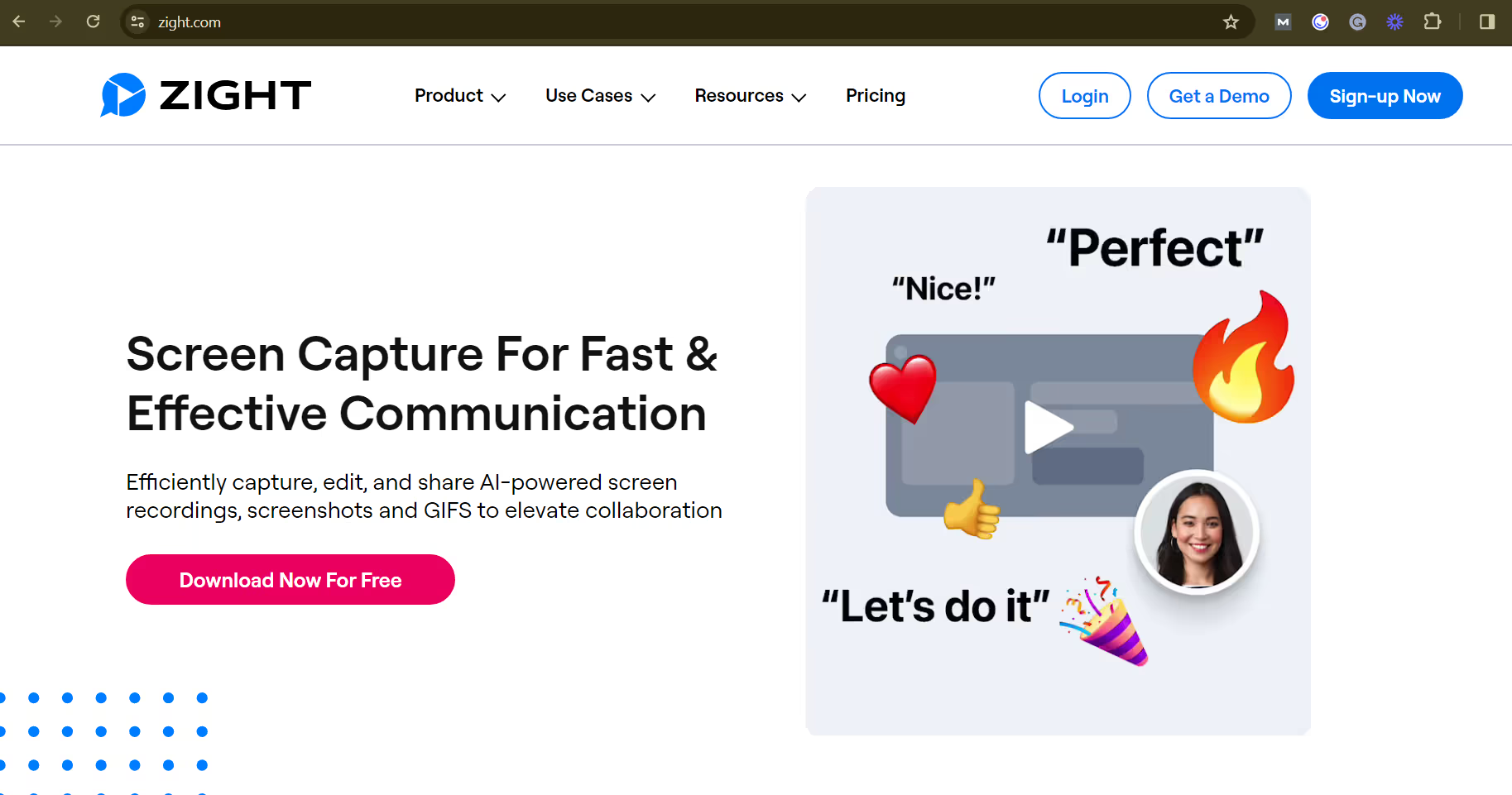
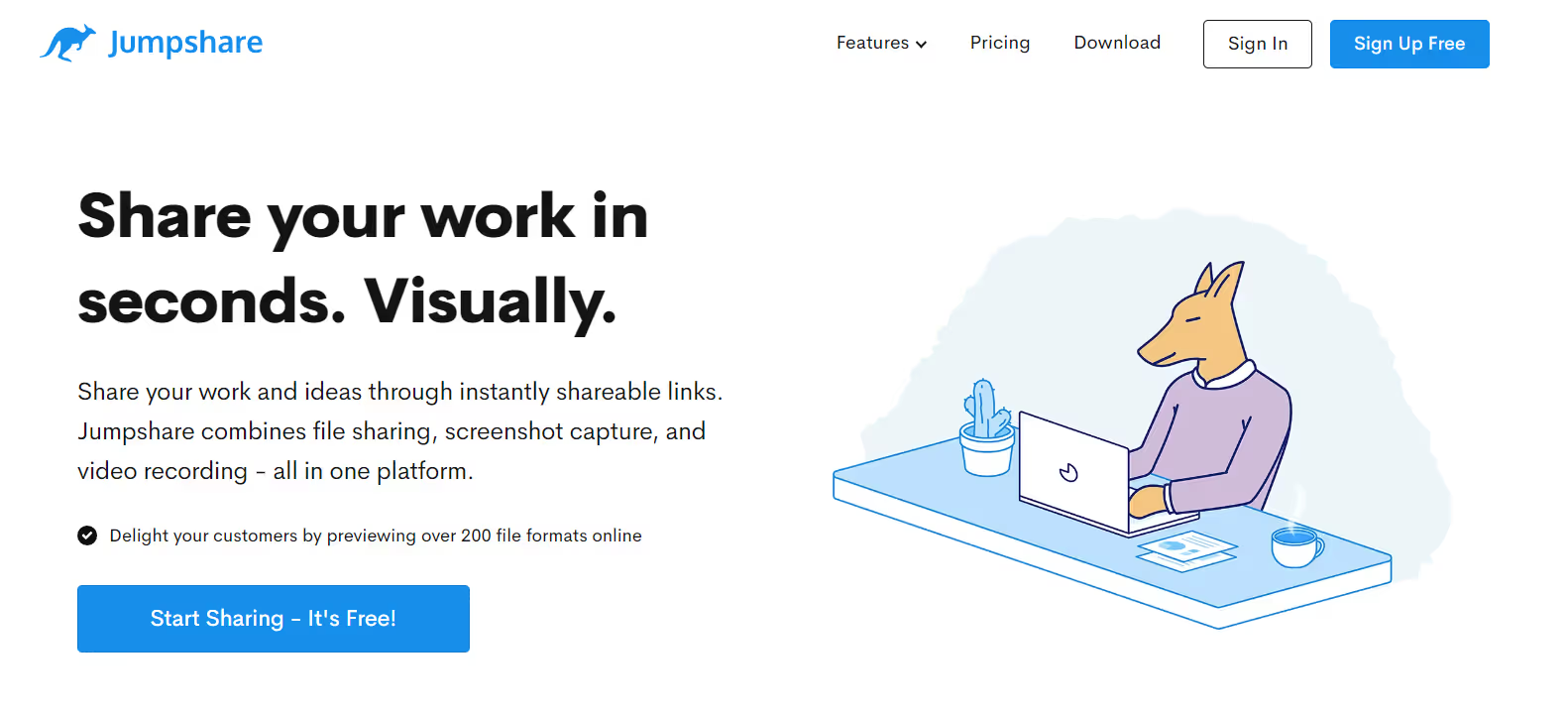

.avif)